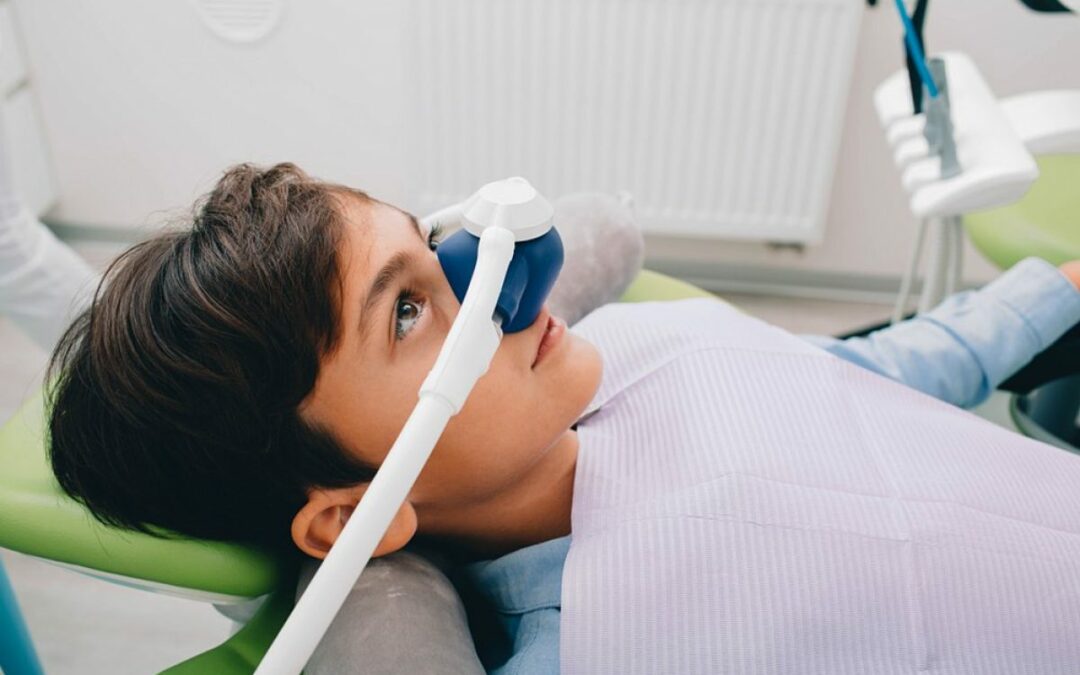Dental anxiety can be a significant barrier to seeking and receiving necessary dental care. For individuals who experience intense fear or apprehension related to dental visits or procedures, sedation dentistry offers a valuable solution. By utilizing various sedation techniques, dental professionals can help patients feel more relaxed, comfortable, and at ease during dental appointments, ultimately improving the overall treatment experience.
Understanding Sedation Dentistry
Sedation dentistry involves the use of medication to induce a state of relaxation and calmness in patients undergoing dental procedures. It is particularly beneficial for individuals with dental anxiety, phobias, or other conditions that make dental visits challenging. Sedation can range from mild relaxation to deep sleep, depending on the type and level of sedation administered.
Types of Sedation
There are several types of sedation commonly used to deal with dental anxiety in Coweta OK, including:
– Nitrous oxide (laughing gas): Nitrous oxide, a colorless and odorless gas, is inhaled through a mask placed over the nose. It produces feelings of euphoria and relaxation, allowing patients to remain conscious and cooperative during dental procedures.
– Oral sedatives: Oral sedatives are medications taken by mouth before a dental appointment to induce relaxation and reduce anxiety. Common oral sedatives include benzodiazepines such as diazepam (Valium) or lorazepam (Ativan).
– Intravenous (IV) sedation: IV sedation involves the administration of sedative medications directly into the bloodstream through a vein. This form of sedation induces a deeper state of relaxation and may be used for more complex dental procedures or for patients with severe dental anxiety.
Benefits of Sedation Dentistry
Sedation dentistry offers several benefits for both patients and dental professionals, including:
– Reduced anxiety: Sedation helps alleviate feelings of fear, apprehension, and stress related to dental visits or procedures, allowing patients to feel more relaxed and comfortable.
– Increased cooperation: Sedation can help patients remain calm and cooperative during dental procedures, making it easier for dental professionals to perform treatments effectively and efficiently.
– Enhanced comfort: Sedation promotes a sense of calmness and relaxation, reducing discomfort and sensitivity associated with dental procedures.
– Improved treatment outcomes: By reducing anxiety and promoting cooperation, sedation dentistry can lead to improved treatment outcomes and a more positive overall dental experience for patients.
Safety Considerations
While sedation dentistry is generally safe when administered by trained and experienced dental professionals, there are some safety considerations to be aware of. Patients undergoing sedation should be carefully monitored throughout the procedure to ensure their safety and well-being. Additionally, dental professionals should obtain a thorough medical history and assess patients’ suitability for sedation based on their individual health status and any underlying medical conditions.
Conclusion
Sedation dentistry plays a valuable role in helping individuals overcome dental anxiety and access necessary dental care. By providing a sense of relaxation, calmness, and comfort, sedation allows patients to undergo dental procedures with greater ease and confidence.

